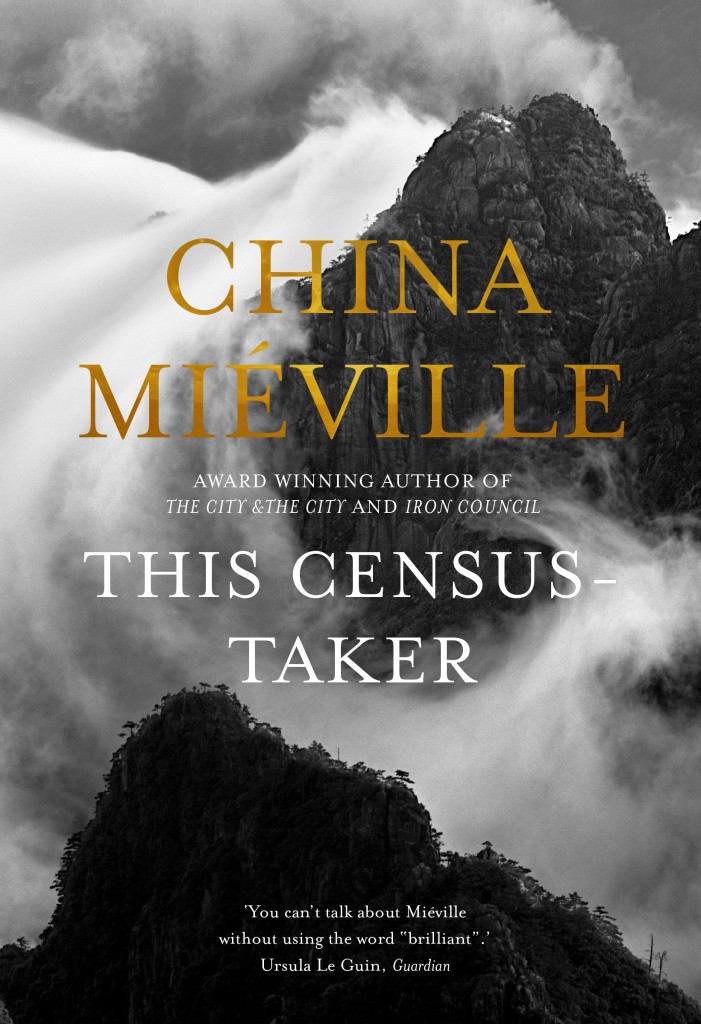 China Miéville’s newest work, This Census-Taker, is an unavoidably dark novella, so don’t even read the first page if you’re looking for rainbows and unicorns. Plot-wise, a young boy, suffering from vast emotional and physical alienation, is a witness to his mother’s murder. His words fall deaf upon unbelieving adult ears. The child knows precisely who the culprit is, but his innocence prohibits adults from facing the cruelty he claims to have witnessed.
China Miéville’s newest work, This Census-Taker, is an unavoidably dark novella, so don’t even read the first page if you’re looking for rainbows and unicorns. Plot-wise, a young boy, suffering from vast emotional and physical alienation, is a witness to his mother’s murder. His words fall deaf upon unbelieving adult ears. The child knows precisely who the culprit is, but his innocence prohibits adults from facing the cruelty he claims to have witnessed.
Miéville mercilessly abandons the reader to the youthful voice of the narrator, who is, at first, severely limited by the naivety and sensitivity of his age—but through moments of shaky trepidation, reaches a self-awareness that at first seemed implausible.
The most beautiful mechanism operating in Miéville’s novella is an interaction between ambiguity and relentlessly poignant detail. Critics of This Census-Taker mention a frustrating lack of answers and an undetermined setting; but this is precisely what I loved most about this work. Miéville doesn’t need to tell you that the story takes place in place X during year Y, because he wants you to feel lost in the imagery. It feels like he wants you to feel foreign, stranded atop fog covered mountain village and proper nouns complicate that purpose.

Source: Sarah Lee for the Guardian
I loved the vagueness in the setting of this novel, and I truly felt the bleakness Miéville intended to suggest. Fans of Cormac McCarthy’s The Road will instantly recognize Miéville’s mechanics and allow the people and objects within the story to transcend their proper labels in order to become archetypes describing the most sublime and hideous parts of mans’ soul.
This Census-Taker is a reminder of man’s subconscious, senseless cruelties towards one another and the world around them. Also, this novella is a poignant reminder of a crucial moment in a child’s life where one is still malleable—still capable of pacifying inherent cruelty before it becomes an inescapable reality.
“I stared at nothing in the shadow in the hill… I wanted not to imagine anything like the whispering and snarling dead who filled my head, dead people clotting in a great pile, sliding over the house trash like a band of murdered animals gone blind and stupid with rage in the darkness, furious with anyone still alive, a familiar figure at their head.” China Miéville, This Census-Taker


Comments are closed.